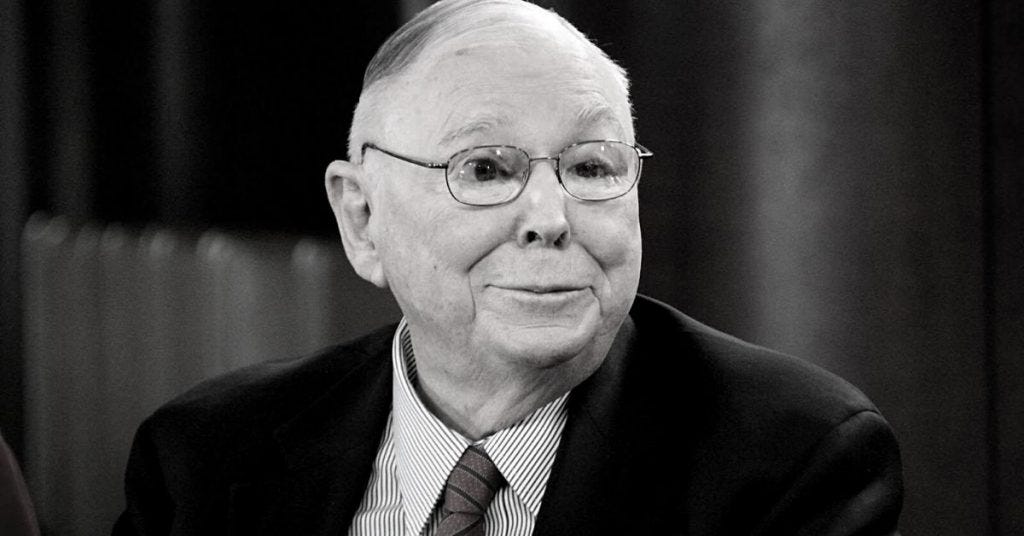I’ve been mulling over the topic of my first post for a while, over-complicating which idea to choose and trying to predict which one might resonate most. So, in the spirit of keeping things simple, I’ve decided to start with the very law based on simplicity: Occam’s Razor.
If you are like me, you have once disregarded advice from someone successful because it sounded far too simple. They may mention finding a niche, selling something, staying consistent, being patient, and then you become a millionaire. I would say “that’s too easy, everyone would do it if it were that simple”. I of course made a catastrophic misjudgment; I mistook simple advice for easy advice. By understanding Occam’s Razor with you today, I hope to clear the blurred line that rests between simple and easy.
Occam’s Razor was introduced by the 14th Century English philosopher, William of Ockham. He was frustrated by unnecessary complexity in explanations and believed that simplicity was the key to understanding reality. His law states that when faced with competing explanations, the simplest one is often the best. This theoretical ‘razor’ cuts through unnecessary complication to reach a simple solution. This doesn’t mean oversimplification, it means clarity, by stripping away irrelevant details you uncover what is truly important. It is an extremely powerful idea, as we will find out.
Occam’s Razor in action:
“Everything should be made as simple as possible, but not simpler”
- Albert Einstein
Albert Einstein is one of history’s most loyal disciples of Occam’s Razor. He explained the unity of nature and the interplay between matter and energy with one simple equation: E=mc2. That simple equation explains how the sun powers life on earth. It explains how, under the right conditions, a penny could produce more energy than the Tsar Bomba, the largest nuclear weapon ever detonated. It reduced lifetimes worth of academic research into three letters, there is no better example of Occam’s Razor in action.
“I chip away everything that isn’t David”
- Michelangelo
Michelangelo was a master of many crafts, one of them was of course his ability to sculpt. He summarised how to sculpt anything in the world within that one sentence, just remove everything that isn’t what you’re trying to sculpt. It’s not easy, but it doesn’t get any simpler. Occam’s Razor is the process of uncovering what truly matters, he encapsulated this law in saying “I saw the angel in the marble and carved until I set him free”. How beautiful, how simple. A perfect example of Occam’s Razor.
“If you can't explain it simply, you don't understand it well enough”
- Albert Einstein
A sign of a well-executed application of Occam’s Razor is someone who can translate complex notions into understandable ideas. Think of Joel Greenblatt, the legendary fund manager at Gotham Capital that averaged a c.40% annualised return over a 20-year period, which would transform a £100 investment into a whopping £83,668. His advice to achieve such astronomical returns was “to figure out what something is worth and then pay a lot less for it.” How much simpler does it get? That is every value investing book ever written summed up into one sentence. That is why Occam’s Razor is such a powerful idea; it gives you the ability to understand highly complex theories and concepts within one sentence. It goes further than that, though, it doesn’t just apply to explanations of theories, it is a tool for you to use in your everyday life. Don’t just take it from me, take it from these guys:
“Complexity is your enemy. Any fool can make something complicated. It is hard to make something simple.” - Richard Branson
“The business schools reward difficult complex behaviour more than simple behaviour, but simple behaviour is more effective.” – Warren Buffett
“I think you should always bear in mind that entropy is not on your side. You should strive to make things as simple as possible, but no simpler.” – Elon Musk
These are the most successful and innovative people to have ever walked planet earth, and they are all saying the same thing. I think it’s about time we start to listen.
What can Occam’s Razor teach us?
Occam’s Razor separate’s simple from easy - simplicity reflects mastery, while ease reflects a lack of difficulty. Never mistake one for the other.
Complexity is a trap - In situations of uncertainty, we add layers of complexity to feel more informed, this rarely adds value.
The cost of ignoring simplicity is large - think about the Dotcom Bubble of 2000. If investors simply focused on the cash internet businesses were generating, they wouldn’t have gone near them. Laden with false promise and complex predictions, they piled in at their own peril.
Focus on what truly matters - this law teaches us the importance of only focusing on the important things in life: Family, friends, hobbies, enjoying your work, a healthy body, a healthy mind, these things truly matter.
Simple explanations are timeless - have you ever wondered why the best advice always seem so simple? Well, the beauty of simplicity is that you are leaving yourself with less opportunity for things to go wrong. When you leave less room for error, the chances of what you create becoming timeless get just that tiny bit better.
How can we apply these lessons?
“Take a simple idea and take it seriously”
- Charlie Munger
Coincidentally, this quote from Charlie Munger perfectly utilises Occam’s Razor to explain exactly how we can apply it. Think of Sam Walton at Walmart, his simple idea was to keep costs low and offer low prices to customers. It was the same story with Jim Sinegal at Costco, he used economies of scale to offer low prices to customers. Jeff Bezos’ simple idea at Amazon was low prices and fast delivery. These talented individuals took simple ideas very seriously, and it paid handsomely.
If you’re starting a business, focus intensely on a simple idea. If you’re investing, ignore market noise and keep your portfolio and valuation methods simple. If you’re trying to get fit, focus on a clean diet and progressive overload. If you’re trying to learn a new skill, spend 30 minutes every single day on it. It is not easy, but it is simple.
The beauty of simplicity:
Simplicity is not about less, it’s about what matters most. Today’s world is rampant with complexity; equipped with the ability to focus on the things that truly matter, you leave less room for stress, anxiety, and uncertainty. A life that adopts more simplicity is a life that has more peace and clarity, I for one think that sounds very appealing.
To bring this first letter on The Big Ideas to a close, I would like to say that whether you’re a professor creating lecture notes, an investor valuing securities, or an entrepreneur formulating a business strategy, it’s definitely safe to say Occam’s Razor deserves a place within your intellectual toolbox.
Thank you for reading, I hope you have learnt as much as I did from this wonderful idea.
Here’s to keeping things simple, but not simpler.
The Intellectual Edge






